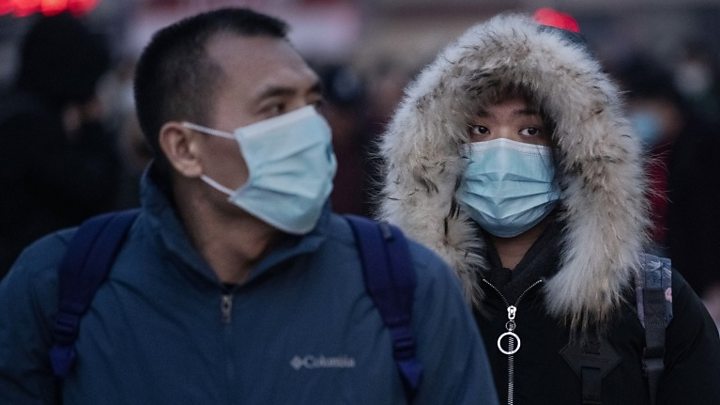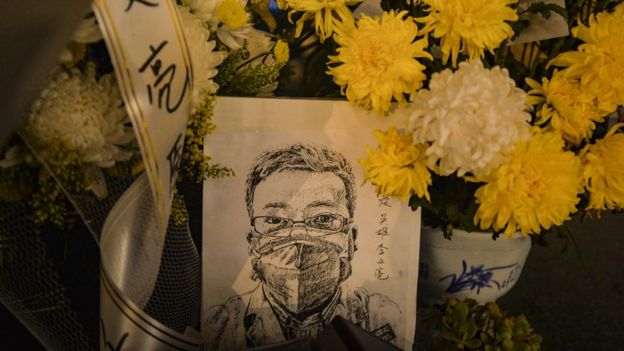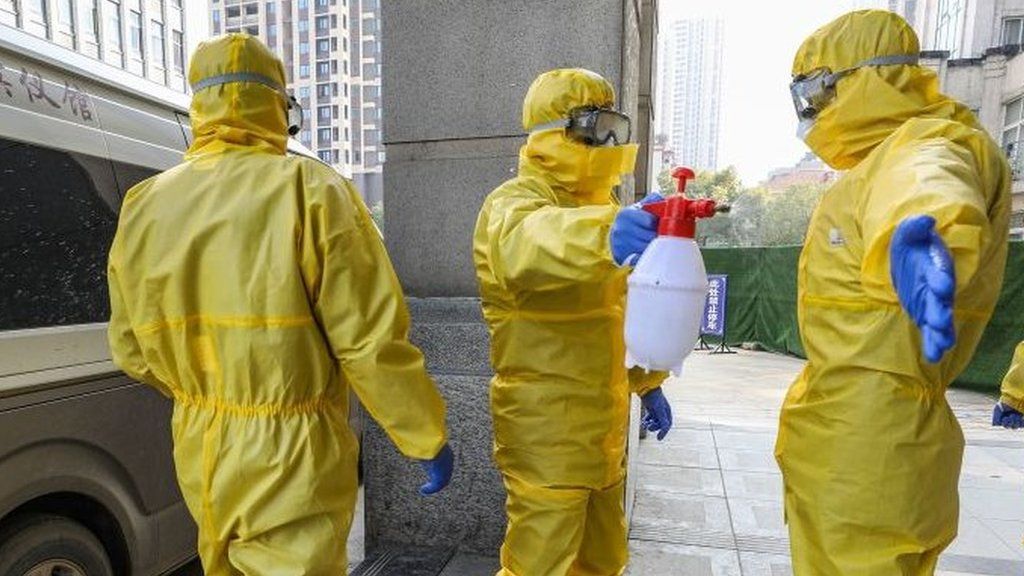LAHORE MIRROR (Monitoring Desk)– The World Health Organisation (WHO) has warned that “trolls and conspiracy theories” are undermining their response to the new coronavirus.
WHO Director General Dr Tedros Adhanom Ghebreyesus told reporters that misinformation was “making the work of our heroic workers even harder”.
More than 34,800 people have been infected with the new coronavirus worldwide, the vast majority in China.
There have been 723 deaths in China and one death abroad, in the Philippines.
Of the 34,598 people infected within China, Dr Tedros said almost 25,000 are in Hubei Province – the region where the outbreak was first reported, which has since become the epicentre of the virus.
“I would also like to speak briefly about the importance of facts, not fear,” Dr Tedros said. “People must have access to accurate information to protect themselves and others.”

“At the WHO we’re not just battling the virus, we’re also battling the trolls and conspiracy theories that undermine our response,” he added.
“As a Guardian [newspaper] headline says today, ‘Misinformation on the coronavirus might be the most contagious thing about it’.”
In that article, published by The Guardian’s opinion section, epidemiologist Adam Kucharski argues that the best way to combat online falsehoods around the virus is to “treat them like a real-life virus”.
A number of false theories have been spread globally about the virus in recent weeks.
Russia’s Channel One, for example, has been airing coronavirus conspiracy theories on its prime-time evening news show Vremya (meaning “Time”). In one segment, the host links the virus to US President Donald Trump, and claims that US intelligence agencies or pharmaceutical companies are behind it.
Another debunked conspiracy theory, published in British and US tabloid media, linked the virus to a video of a Chinese woman eating bat soup.
Reports claimed the clip was filmed in Wuhan, the epicentre of the virus, when the outbreak was first reported. However it was filmed in 2016 and was in Palau, in the western Pacific Ocean – not China.
And a now-widely-discredited scientific study released last month linked the new coronavirus to snakes – leading to global headlines discussing the spread of “snake flu”.
What is the latest on the coronavirus?
Dr Tedros said that the virus is still concentrated in Hubei, and that over the last four days there appeared to have been a slight stabilisation in the number of cases.
However, he said it was still too early to say whether or not the virus has plateaued, as epidemics can often slow down before accelerating again.
But he added that the slow-down was “an opportunity” for them to work to contain the virus.
Meanwhile, Hong Kong has begun a mandatory two-week quarantine for anyone arriving from mainland China. Visitors are being told to isolate themselves in hotel rooms or government-run centres, while residents are required to stay in their homes.
 Image copyrightEPA
Image copyrightEPAFlouting the new rules will be punishable with a fine and a prison sentence. There have been 26 confirmed cases of the virus in Hong Kong.
On Thursday, a 60-year-old US citizen – the first confirmed non-Chinese victim of the illness – died in Wuhan’s Jinyintan Hospital.
On Saturday, France confirmed five new cases in its Haute-Savoie region, including a nine-year-old boy, which brings the total of infected people in the country to 11.
French Health Minister Agnès Buzyn said all of the five new cases were British nationals staying in the same chalet, which had also housed a Briton who had been in Singapore. Their condition is not said to be serious. A further six people who stayed at the chalet are under observation.
There has also been widespread anger and grief across China over the death of Li Wenliang, a doctor who tried to warn about the new coronavirus. He contracted the virus while treating patients in Wuhan, in Hubei province.
SOURCE: BBC NEWS

